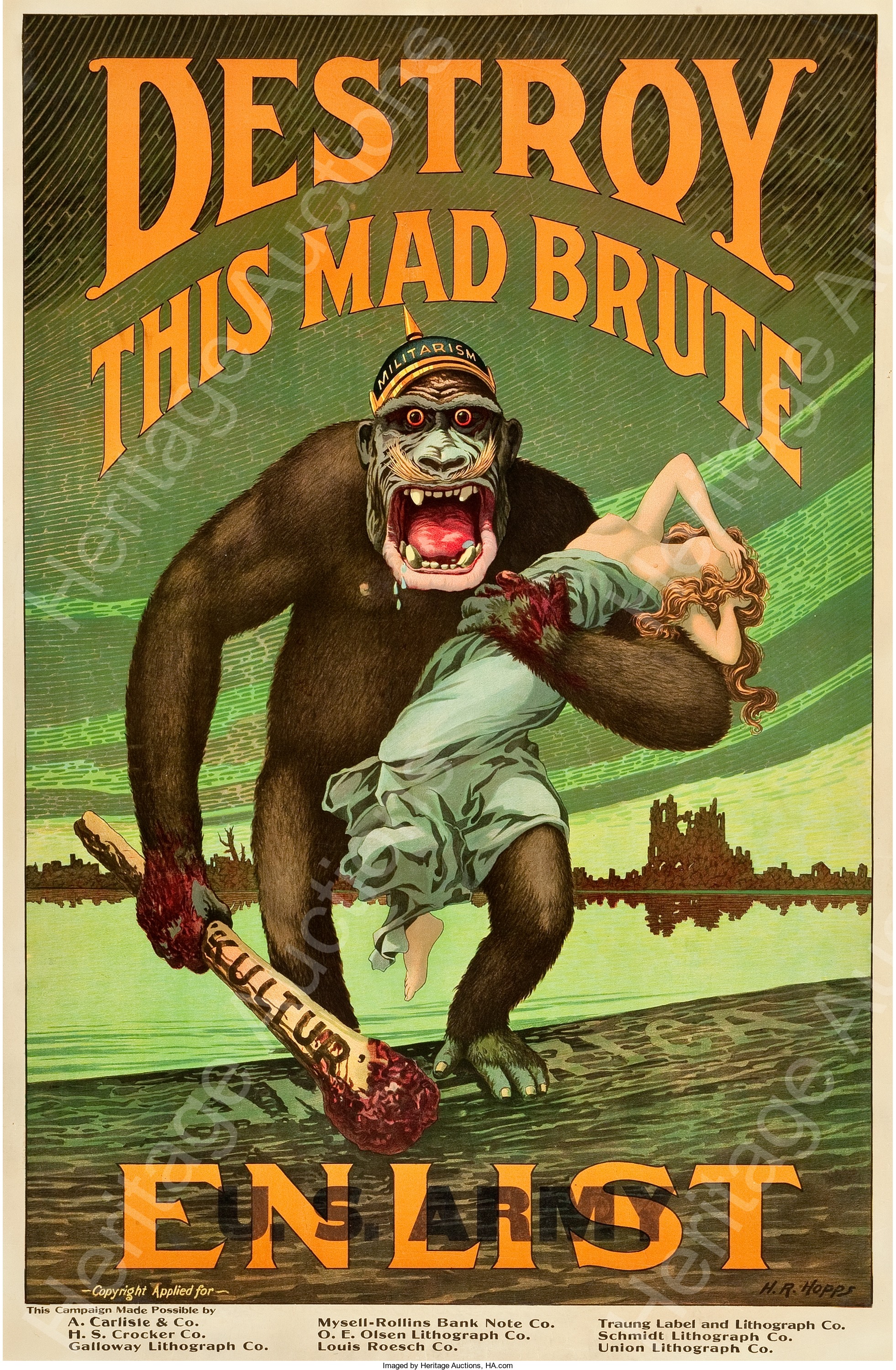
By Jim O’Neal
After every great war, heads of state invariably declare, “This must never be allowed to happen again” – as though their pronouncements will have some profound, magical effect on future generations determined to use force to rectify some grievance they have suffered.
That was certainly the case in 1984 when German Chancellor Helmut Kohl and French President Francois Mitterrand met at Verdun, an ancient town on the Meuse River in eastern France. Later this year, President Francois Hollande and Chancellor Angela Merkel will again hold a ceremony in Verdun, this time to inaugurate a renovated museum.
One can only assume that their prepared remarks will contain similar definitive declarations.
This year marks the centennial of the Battle of Verdun, which was part of the First World War. The fighting erupted on Feb. 21, 1916, when German artillery began firing on French troops. It’s estimated that 1 million shells fell on the first day and an astonishing 60 million more in the next 300 days.
Historians and military experts are still asking a simple question: Why?
There was nothing strategic about Verdun in the context of the much broader war being waged, yet the battle raged for a remarkable 10 months – often cited as the single longest battle of WWI, if not history. In addition to 300,000 casualties, the lush forestland around Verdun, “an area larger than the city of Paris,” was devastated. Even today, arsenic, unexploded bombs, tracks of barbed wire and remains of the dead lurk under deceptive greenery.
The most popular theory is that the Germans were hoping they could lure French troops into a war of attrition by diverting their reserve troops from the main battlefronts. Then they intended to “bleed the French army white” as they attempted to defend their homeland and honor.
When the battle finally ended, the French could claim victory, but they had actually only moved a few hundred yards and without any tangible benefits – just immense suffering in a senseless, protracted battle that was part of an even more “tragic accident,” as World War I has often been described.
Twenty-six years later, in November 1942, Adolf Hitler would declare, “I do not want this to be another Verdun!” – referring to the siege of Stalingrad that would end up costing him his entire Sixth Army!
And still the question of “Why?” remains unanswered as Verdun maintains its eerie silence.
 Intelligent Collector blogger JIM O’NEAL is an avid collector and history buff. He is President and CEO of Frito-Lay International [retired] and earlier served as Chairman and CEO of PepsiCo Restaurants International [KFC Pizza Hut and Taco Bell].
Intelligent Collector blogger JIM O’NEAL is an avid collector and history buff. He is President and CEO of Frito-Lay International [retired] and earlier served as Chairman and CEO of PepsiCo Restaurants International [KFC Pizza Hut and Taco Bell].
